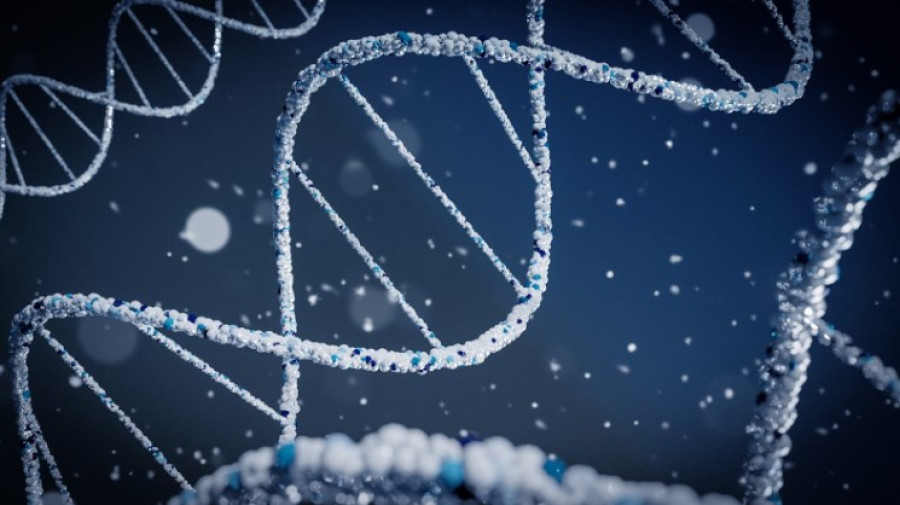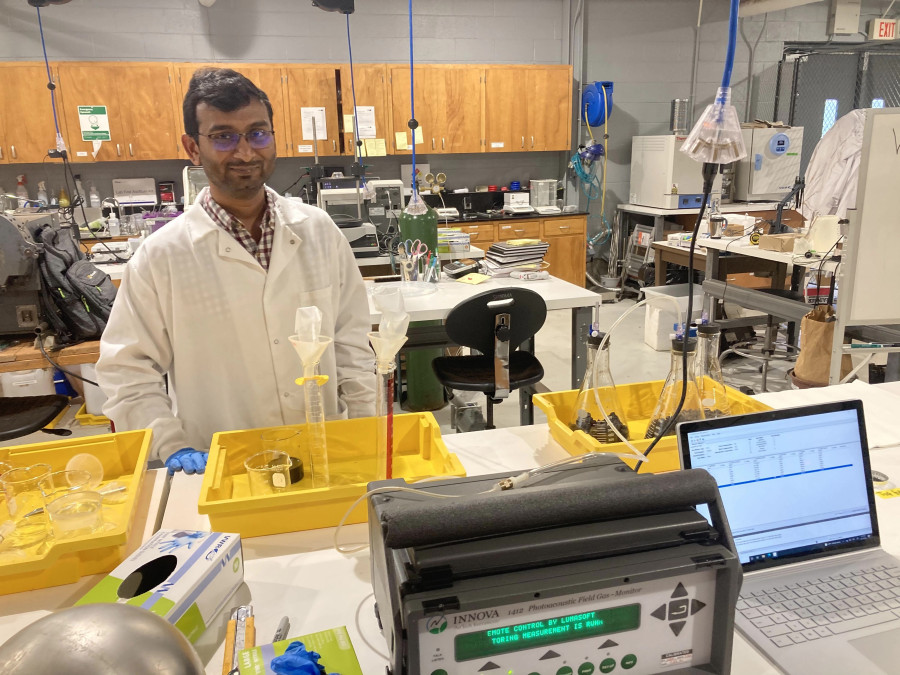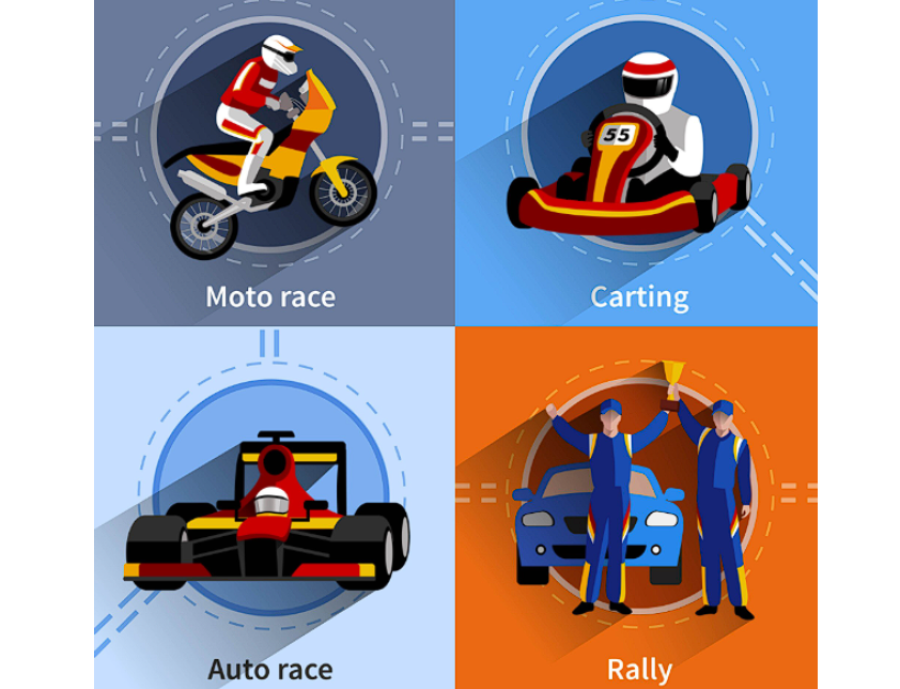Talk about genetic modifications, and a picture of horror might spring to mind for the average person. But take a closer look, and you’ll soon realise that genetic modifications are everywhere – from agriculture to medicine. Even the entertainment industry relies on advanced algorithms to personalise user experiences.
For instance, recommendation systems use complex data-driven processes to adapt to user preferences. Just like genetic modifications enhance crops for better yields, algorithms fine-tune content suggestions, whether it’s personalised playlists, movie recommendations, or even tailored gaming experiences—such as when you explore a list of Australian online casinos to find the best bonuses and offers suited to your playstyle.
To put it another way, genetic modifications are absolutely essential to humans. And yes, things can get pretty wild when you start digging. The simplest modifications have to do with crops becoming more resilient to various plagues. The weirdest and, frankly, most frightening ones have to do with people getting brain chip implants that allow them to move things with their minds.
Either way, modifications like those are already happening, and they are not going to be easily shaken off. But should we embrace them? Should ethics play a role? What should we know about modifications these days? Here are some of the biggest questions of the day:
Genetics and ethics
The good that comes out of genetic modifications
Should we do just about anything for the sake of progress
Genetic Modifications – From Crops to Entire Organisms
The fact of the matter is that mankind loves to tinker with stuff. We have plenty of curiosity, and although we can easily end up becoming self-destructive or obsessed with the quasi-importance of our own discoveries, our species tends to do things that defy expectations.
Right now, genetic modification is embraced by the scientific community but often raises mixed feelings among laymen. Just what are these researchers trying to achieve? As it turns out, genetic modification has significant and impactful implications.
Much like in probability-based systems, outcomes in genetics are never guaranteed—scientists can influence and guide the process, but nature always adds an element of unpredictability. Roulette77 often reminds players that betting on an outcome doesn’t mean it will necessarily happen, and the same rule applies to genetics. Yet, here is a table of all the great things that have come out of genetic modification:
The world’s coral reefs are getting bleached, and they are losing their resilience to adapt to fast-rising temperatures. What used to happen over centuries in the past is now happening in decades, and the reefs are well, failing to keep up. But what if we could tweak them, what if we could tell their DNA (coral reefs are animals) that they are now resilient to heat?
It may seem odd, but it is not. Everything is possible, and if anything, coral reefs are not humans – they are simpler organisms, but the amount of trial and effort that we would need to protect them from extinction is quite extensive. What does this mean exactly, though? It means that we can use genetic modification to have a very positive and real impact on the world.
Alright, so Genetic Modifications Can Be Good – But What Are the Ethics
This is a great question. Genetically modifying species sits on thin ethical ice, but this is not necessarily bad. Scientists are not breaking those boundaries; they are operating based on scientific guidelines because few people out there want to release a pathogen or a virus that could have very wicked consequences. With this in mind, scientists are aware of the ethical implications of their work and they are hardly the ones to break the rules, although some admittedly have wanted to.
But we are doing a lot these days, and genetic modifications can be observed across agriculture and medicine, in test labs, and even in some isolated cases of animals. This is done with good intentions, but ethical concerns remain a huge factor in administering experimental drugs, for example, offering patients a last-ditch resort such as a pig heart transplant and so on.
It may seem counter-intuitive, of course, but these things will eventually help save lives. Why risk experimental surgery with a pig kidney? Because it can buy you time to get a real transplant, for example. One such case is that of Richard Slayman, who lived for two months after the operation before he passed away.
What if you may wonder? Well, that was a genetically modified pig kidney. You may use this example to say, well it was unsuccessful since Mr. Slayman passed away, but nothing would be further from the truth.
These pioneering efforts have brought Mr. Slayman two valuable months of life he would not have otherwise had. Mr Musk’s brain chip implants may seem like something out of a horror movie, but they work.
The Future Needs to Be Scrutinized by Ethics
The future we are going to live in is exciting, and as such, we need to embrace it. However, much like the ancients have raised ethical concerns over simple matters of human nature, so we should also ponder the big questions of right and wrong, a vastly subjective perception that nevertheless can arrive at reasonable conclusions. Is one act of evil for the greater good justifiable, or is morality a non-negotiable part of human experience, one that once bargained with loses all its value and worth?









